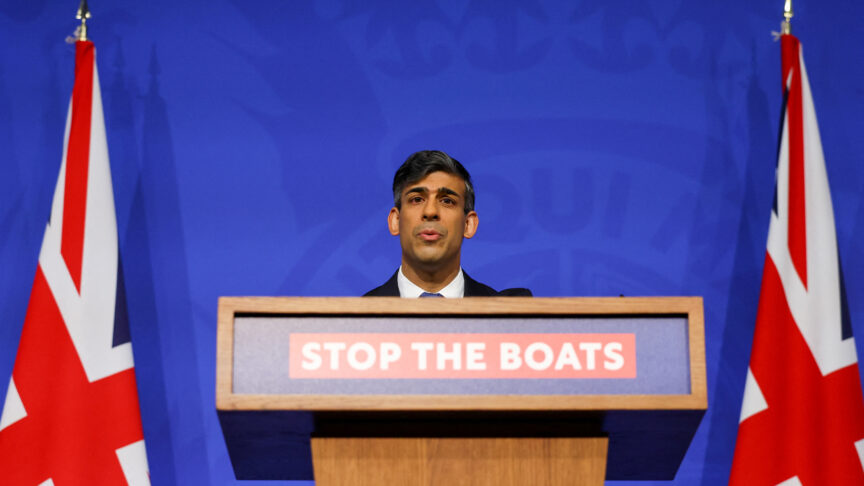An unprecedented setback for Orbán: Hungary’s municipal elections
The Orbán government will likely fuel conflict with newly appointed opposition mayors, taking every chance to portray them as incompetent.
The Hungarian municipal elections held on 13 October struck the first significant political blow against Prime Minister Viktor Orbán and his Fidesz party since they came to power, in 2010. Gergely Karácsony’s victory in Budapest is reminiscent of Ekrem Imamoglu’s in Istanbul earlier this year: in each case, a joint opposition candidate won the mayoralty at the expense of the country’s increasingly illiberal ruling party.
By gaining the most prominent directly elected office in Hungary, the opposition has acquired new momentum and created a glimmer of hope for the democratic forces that oppose Orbán’s regime.
The opposition also performed well outside the capital, reinforcing its position in a few cities and unexpectedly unseating Fidesz mayors in several other places. This breakthrough could be the beginning of a new era for the opposition. But, with the next national election scheduled for 2022, Orbán’s time in power is far from over.
A successful grassroots campaign
In the municipal election campaign, Fidesz followed an election strategy fundamentally different from that of opposition parties. Fidesz ran a largely negative campaign against its opponents, attempting to influence voters with threats that municipalities run by opposition politicians could experience cuts in central government funding.
In contrast, the opposition focused on individual constituencies by putting forward joint candidates – often in coordination with local civil society actors – who stood a chance against Fidesz. The opposition ran a grassroots campaign across the country, partly to bypass Fidesz’s control of the media. The approach proved effective: the opposition now controls ten of 23 cities with county rights – up from four prior to the election.
More opportunities and resources
Beyond their symbolic value, the election results have given the opposition a chance to strengthen its structural position. The grassroots campaign has laid the foundation for opposition parties to increase their visibility outside the capital.
Unlike Fidesz, these parties have long suffered from a lack of both resources and a presence in the countryside. Coupled with the government’s control of the media, these factors have hampered opposition parties’ attempts to widen their base. Yet they now have ample time to build on the new foundation before the next national election.
New challenges
Of course, with power comes responsibility and scrutiny. In office, opposition figures must prove themselves as leaders capable of governing in line with their democratic principles – a much harder task than criticising their Fidesz rivals’ lack of such principles from the outside.
In this vein, and with newly acquired access to information about how Fidesz-run local governments functioned, opposition parties now have the chance to uncover and end allegedly widespread corrupt practices. It is important that they do so: such practices likely allow Fidesz to sustain its economic heartland.
Fidesz followed an election strategy fundamentally different from that of opposition parties.
However, it will not be easy to set higher governance standards and build new political strongholds. Although it is aware that punitive measures against opposition-held municipalities could easily backfire, the Orbán government will likely fuel conflict with newly appointed opposition mayors, including Karácsony. Fidesz will take every chance to portray them as incompetent.
The ruling party in shock
The opposition’s successes across the country and its victory in Budapest came as a shock to the government.
Many Fidesz politicians quickly blamed the election results on the controversy that erupted around Györ mayor and prominent party member Zsolt Borkai, who was implicated in a sex scandal and alleged corruption cases shortly before the election. These events caused a collapse in Fidesz’s usually well-managed communications campaign.
The party also blamed the loss of Budapest on liberal foreigners, who purportedly voted in the elections and thereby helped Karácsony to victory.
Nonetheless, Fidesz is still the biggest party in the country and retains its strongholds in small towns and villages. Furthermore, the local elections had no impact on the party’s constitutional majority in parliament.
A need to recalibrate?
This constitutional majority has helped Fidesz strengthen its grip on power, allowing the party to systematically undermine democratic institutions since 2010. And Fidesz may find new ways to do so in response to the municipal elections.
For instance, it may again turn to the Fundamental Law, which has undergone extensive revisions since parliament adopted it, in 2011. Even prior to the elections, there were rumours that the upcoming eighth amendment to the law would bring about significant changes in the judiciary, as well as further centralisation of power.
With the European Union’s Article 7 procedure against Hungary continuing and – more importantly for Orbán – Fidesz’s membership of the European People’s Party under threat, the Hungarian government might feel that it needs to change course.
History shows that a confident Fidesz does not compromise with its domestic opponents – but it is unclear how it will react to a major setback.
Zsuzsanna Végh is an associate researcher at ECFR and a Rethink.CEE fellow at the German Marshall Fund.
The European Council on Foreign Relations does not take collective positions. ECFR publications only represent the views of their individual authors.


